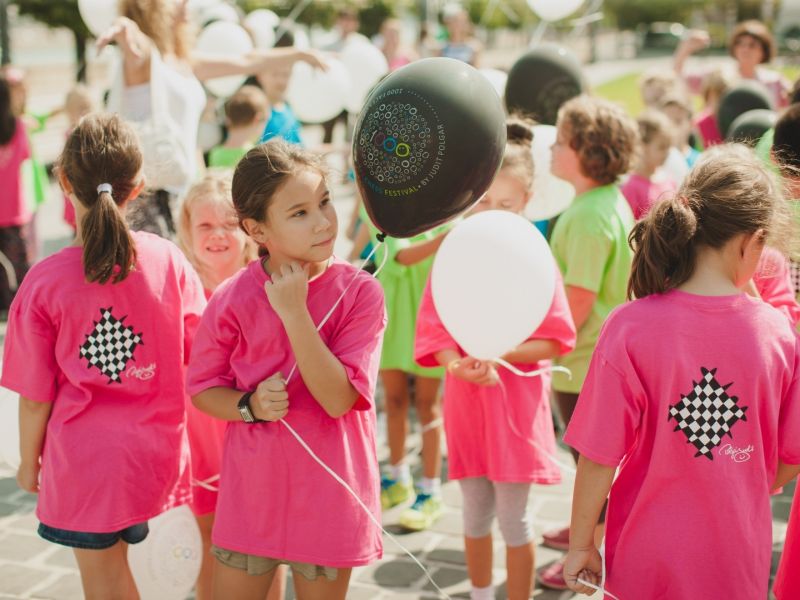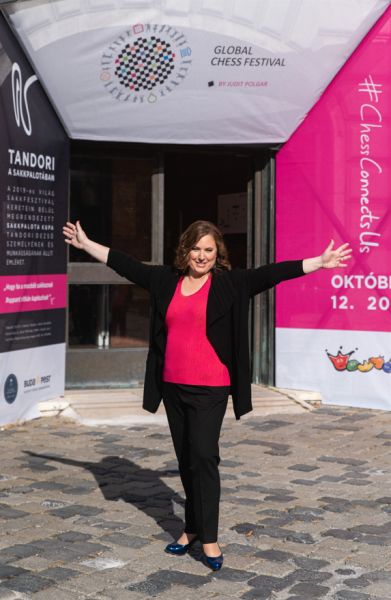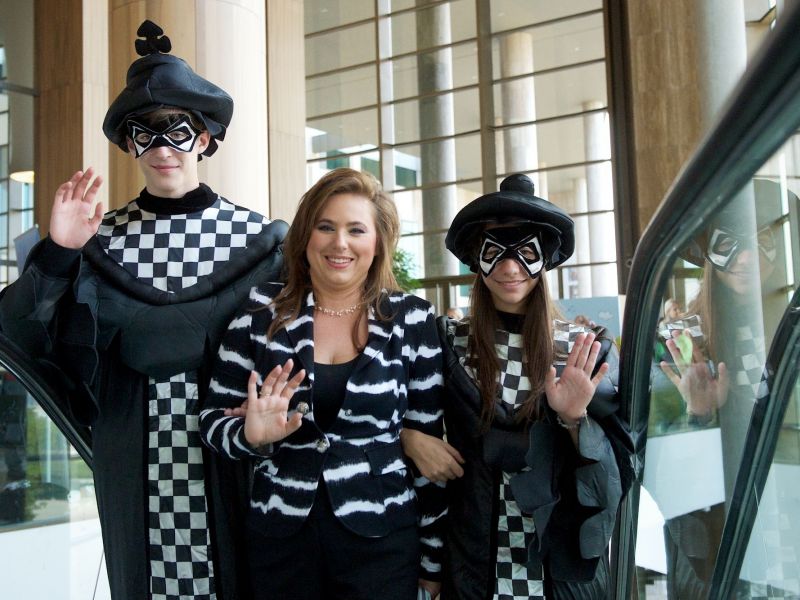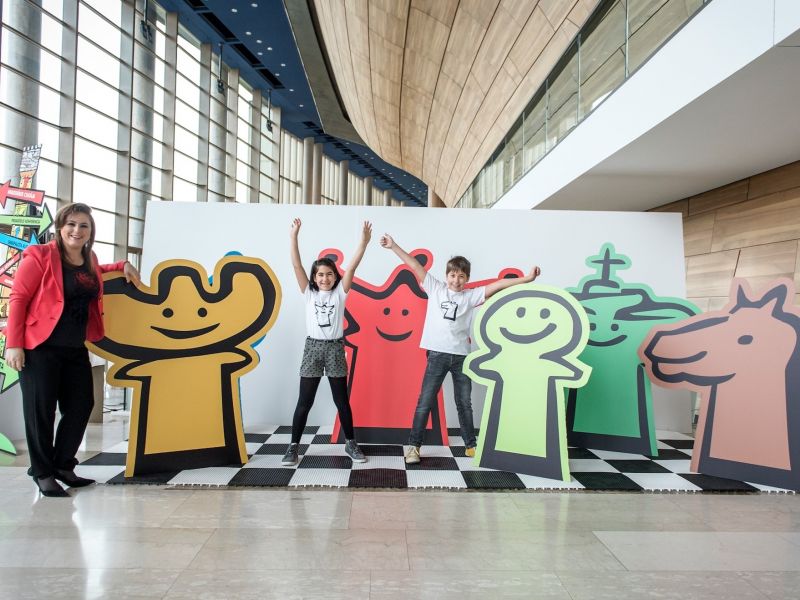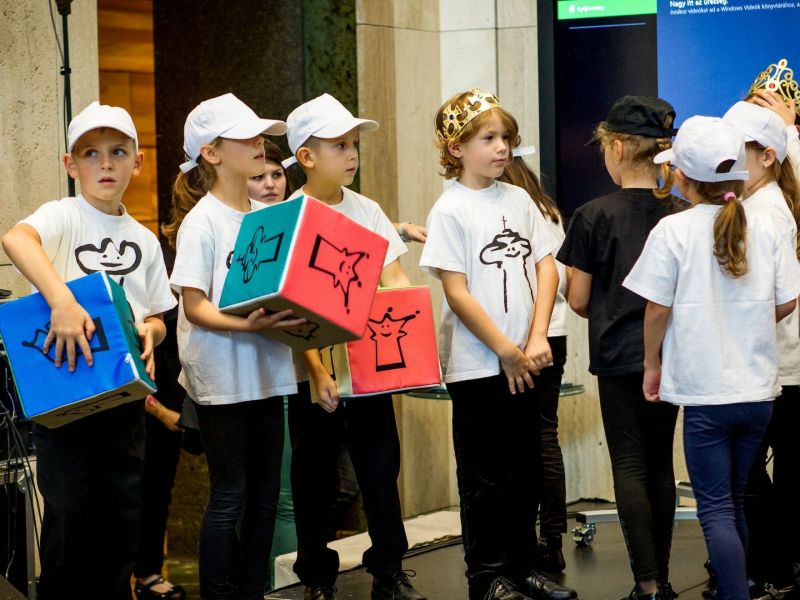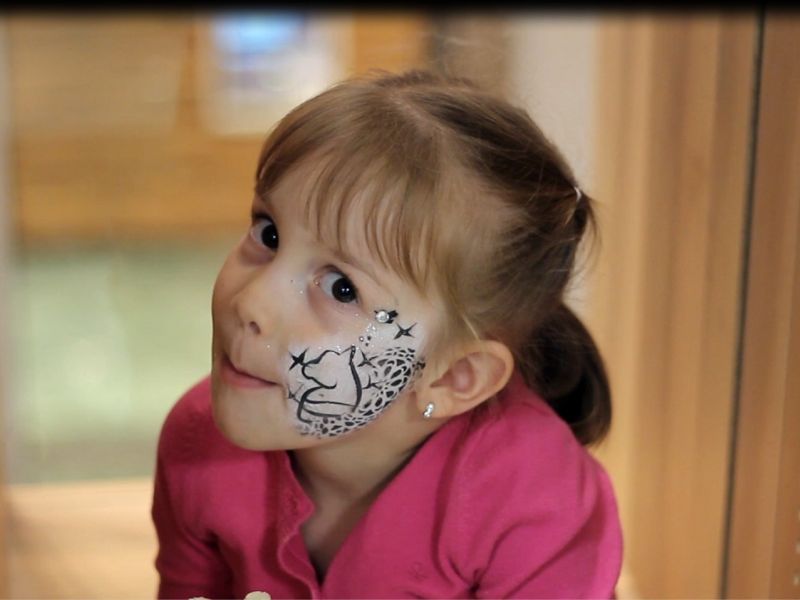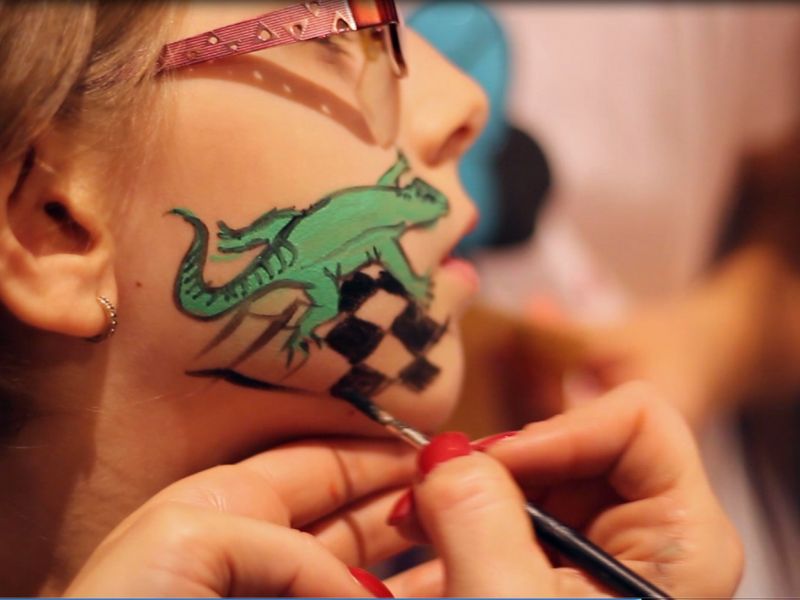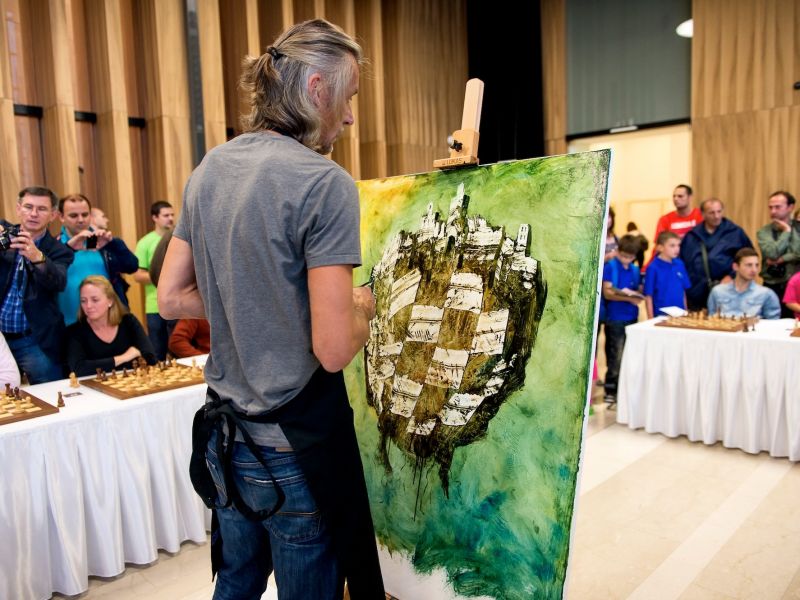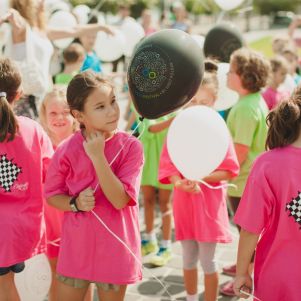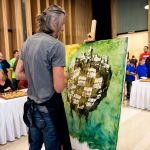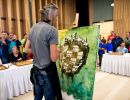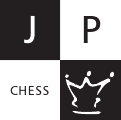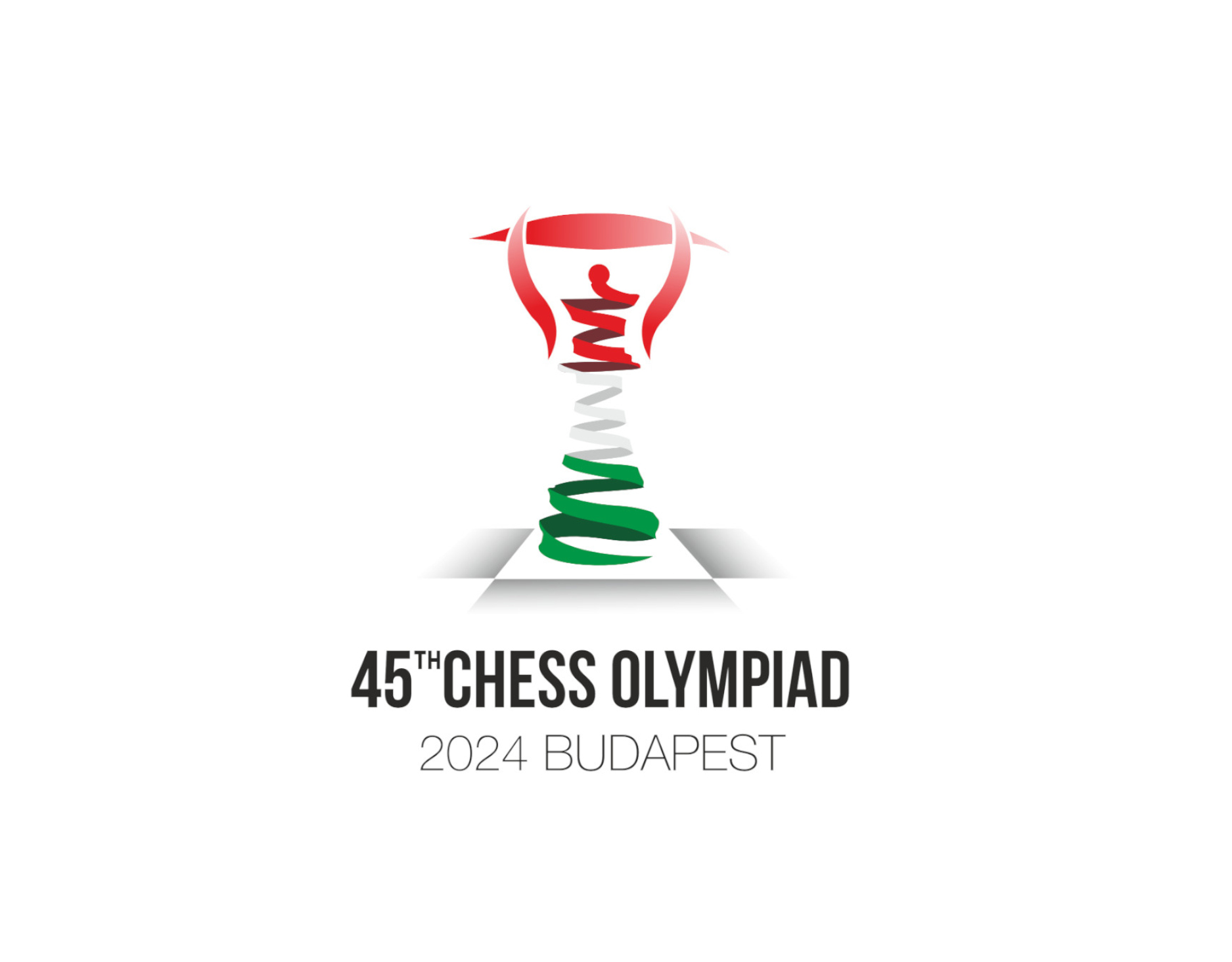CEST 10.15 AM -11.45 AM
Online live from The Hungarian National Gallery in Budapest
For centuries the ancient game of chess has challenged – and continues to challenge – brilliant minds across the globe. Judit Polgar uses chess as the basis for an educational system that helps pupils, starting with the very young, to improve in a wide variety of fields and subjects. A unique approach that has been embraced by an increasing number of educators.
The birth of the Judit Polgar Method, named after the best female chess player of all time, started at the end of Judit's professional career. Having quit competitive chess, she focused on her family, the international promotion of chess, an acclaimed trilogy on her career, and the Judit Polgar Chess Foundation, which was founded in 2012.
Under the auspices of the foundation and with the involvement of experts and teachers, she developed a new and unique educational method for preschool and elementary school children. The most important element of the method is knowledge based on motivation and creativity, which is learned and trained by game play, and based on the rules of chess. Its structure and content are unique both in Europe and worldwide.
What is the essence of the Method?
For the Judit Polgar Method, learning how to play chess is not a goal, but a tool. Chess, as a strategic board game, can develop skills such as holistic, logical analysis and systematic thinking, which is pushed into the background with the rise of visual information-based thinking.
Chess Playground is the preschool part of the Method. Next, the Chess Palace program is the school part of the Method. They both provide an alternative way to develop general skills, to stimulate logical and creative thinking, and to fill in gaps in the development of thinking in the digital age.
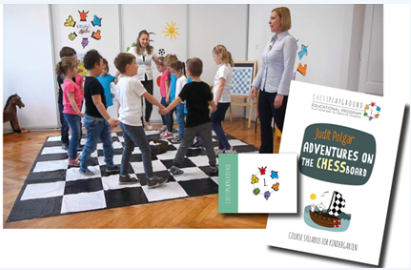
The Chess Playground Complex Skill Development Program takes into account age-specific requirements, and provides a complex of solutions for the development of skills of preschool children as they prepare to get started in school. Its main focus is on the general development of skills, mainly through movement development. The targeted development of preschool children takes place in the fabulous world of the Chess Palace, offering a complex of directions that multiplies the normal pace and intensity of development many times over.
The Chess Palace Complex Skills Development Program uses the basic rules and tools of chess to place the knowledge of the basic subjects of the normal curriculum in a context system for classes 1 to 4, helping the pupils to acquire structured and logical thinking at skill level. The program has also proven to be effective for children with special needs. The main goal of the skills development program is to turn learning for children and teaching for teachers into an experience.
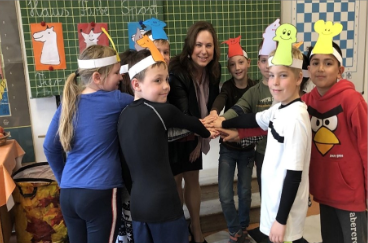
In the ChessPE program, the chessboard as a ‘space’ or ‘playground’ provides the location for exercises, effective orientation, orientation in space, and playful action learning. The program offers movement development with the tools of chess. In accordance with the level of the children, they offer both challenges and experiences, as they learn movement elements and put them into practice.
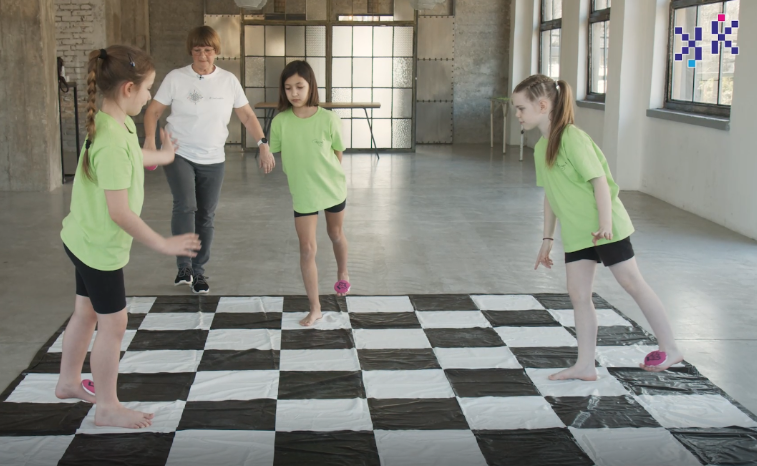
"It’s the oldest game in history, and the educational tool of the future" - says international chess grandmaster Judit Polgar. The Method that she created, is a multi-module method that covers more and more areas and has a significant methodological background. Currently, the Method contributes to the development of nearly 50,000 children. The next aim is to get as many children as possible to know and feel the impact of chess on dialectical, strategic, causal and sequential thinking. Indeed, so that we can prepare them for the future with the help of this ancient game!
Stay with us on the way to creative thinking!
The Judit Polgar Method has been used in the Happy Kids Kindergarten in English. You can watch their demo class here.
We reserve the right to change the schedule.

 YouTube
YouTube HU
HU

